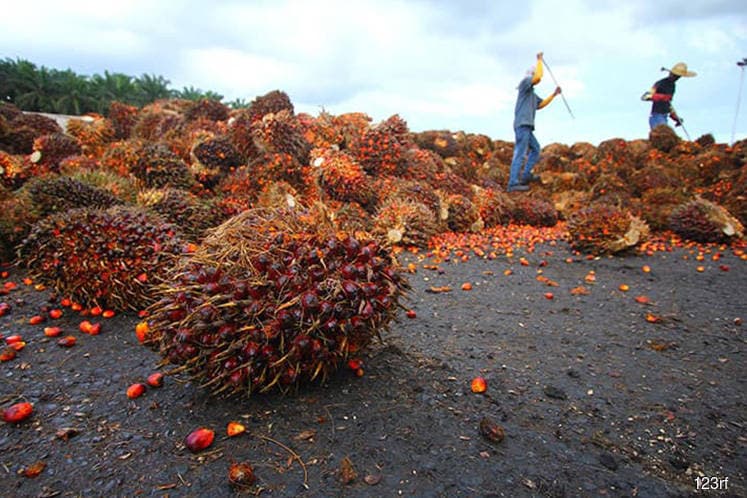
This article first appeared in The Edge Financial Daily on November 15, 2017
KUALA LUMPUR: Perak-based United Plantations Bhd expects 2018 to be a good year with crude palm oil (CPO) prices forecast at between RM2,400 and RM2,600 per tonne, driven by strong global demand as the economy improves.
“If the world economy continues to chuff along, generally the consumption of oils and fats will increase,” said chief executive director Datuk Carl Bek-Nielsen. “People will wash their hair more frequently, and eat more.”
Bek-Nielsen said a huge gap exists in the consumption of oils and fats per capita between the US and Europe at some 60kg, with the world average being between 20kg and 22kg. In India, a major market, it is only 14kg to 15kg.
“So the middle class is the engine driving the demand. The middle class is triggering the catalyst. When people have money, they eat better and more calories, and change their dietary patterns.
“It is not just white rice and noodles anymore. They want meat and fried vegetables. And all these [mean] more oils,” he told reporters yesterday after speaking about the economic sustainability of palm oil at the Malaysian Palm Oil Board’s International Palm Oil Congress and Exhibition.
Bek-Nielsen said the CPO price projection may need adjustment if there is any significant change in weather.
“I would say RM2,400 to RM2,600 is comfortable, but if the weather turns and there are floods in Sabah and Johor, then you would see it (the price) spike but no one can predict the weather,” he said.
On Monday, United Plantations, which owns about 50,000ha of oil palm estates, reported a 33% hike in net profit to RM286.18 million for January to September 2017, from RM215.24 million for the same period last year. Revenue also grew 33% to RM1.11 billion from RM830.99 million.
The group said for the plantation segment, revenue and profit before tax were higher due to higher production, higher overall CPO and palm kernel prices and lower production cost.
Bek-Nielsen yesterday attributed the improved results to better CPO prices and an increase in fresh fruit bunch production by 18% to 20%.
“We have anticipated production would be good next year but [it all depends on] the weather. If the weather is good, I am convinced it would be a very good production year,” he added.
Earlier in his speech, Bek-Nielsen issued a strong message to oil palm planters to buck up to ensure sustainability for the sake of the industry’s future.
He said there were a few black sheep in the sector that were giving them a bad name, exacerbating the negative perception of palm oil globally.
When asked if United Plantations has a contingency plan in the event the European Union (EU) resolves to ban palm oil biofuel by 2020 and develop a single certification for sustainable palm oil, Bek-Nielsen said he did not think the situation would get to that because the “world is not going to tolerate a level of discrimination or crop apartheid”.
“This is unheard of, particularly coming from the EU; I am totally embarrassed,” said the Dane. “They should be building bridges, not walls. This seems like a trade barrier.”
Bek-Nielsen said United Plantations has many customers who supply to the EU (which imports seven million tonnes of palm oil) and the US (1.2 million tonnes).
“So you are talking about highly critical and sensitive markets that (together) import 8.2 million tonnes of produce. You cannot say forget this market and send this oil elsewhere, like China or India. They cannot absorb this.
“So, it is an important market and palm oil has a role to play. If it is farmed sustainably, there is no other cultural crop known to mankind today that will even match it to its knees,” he said.